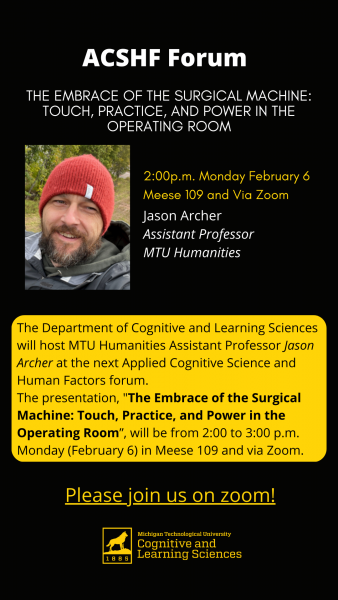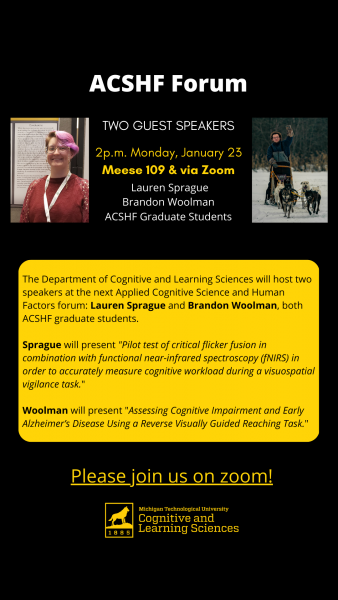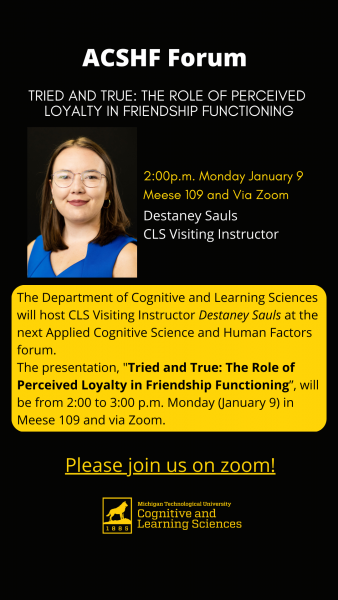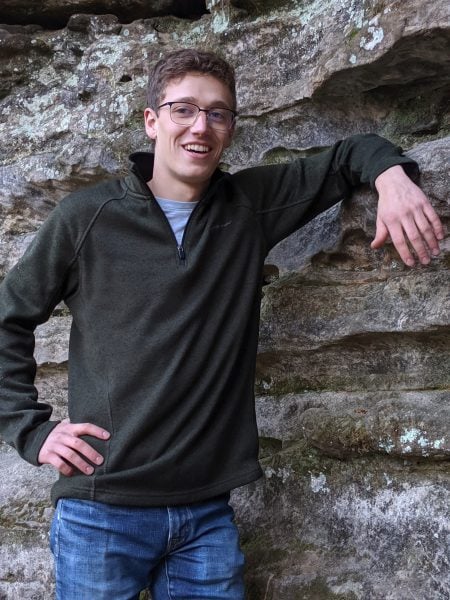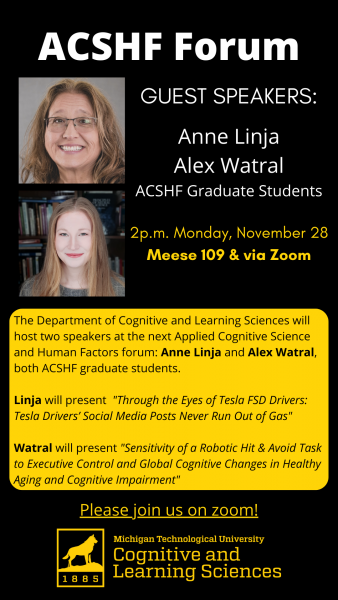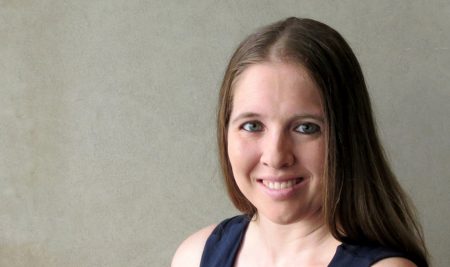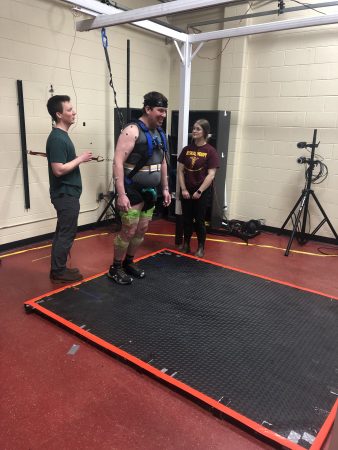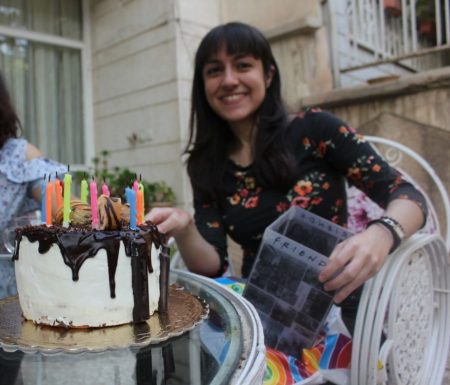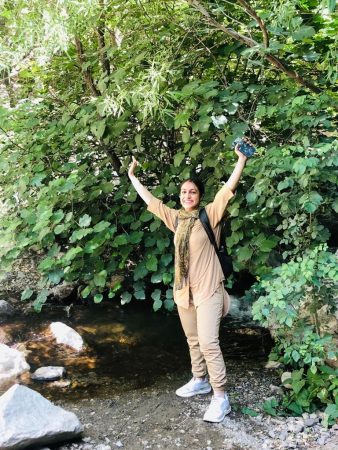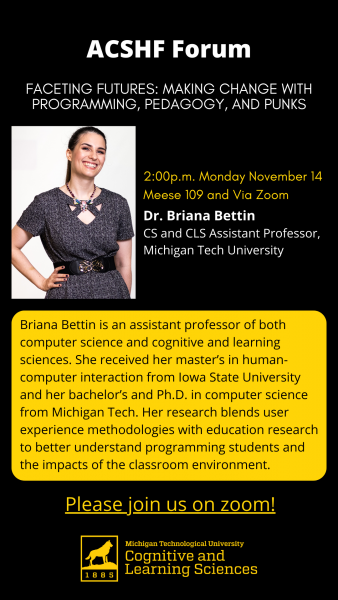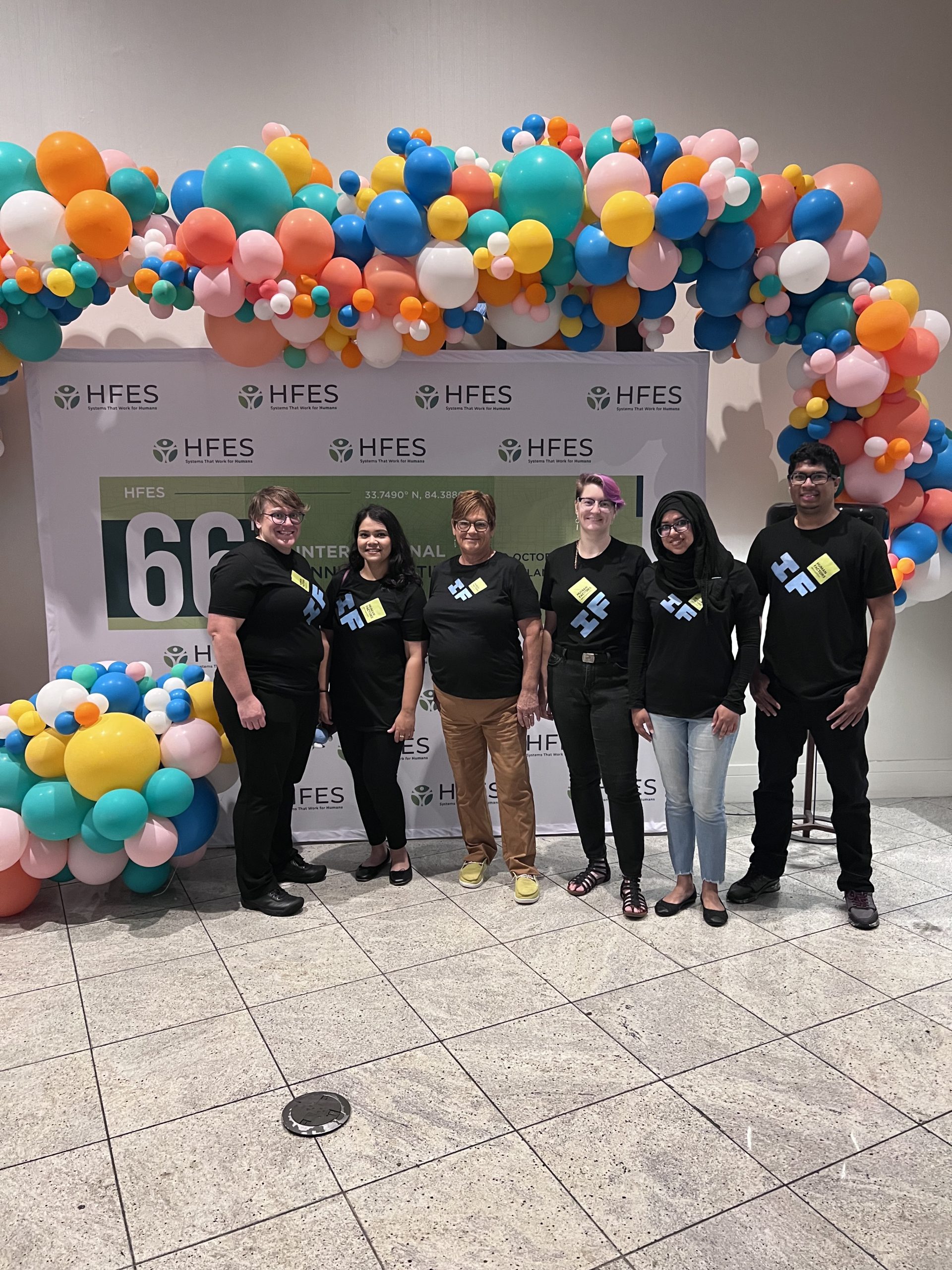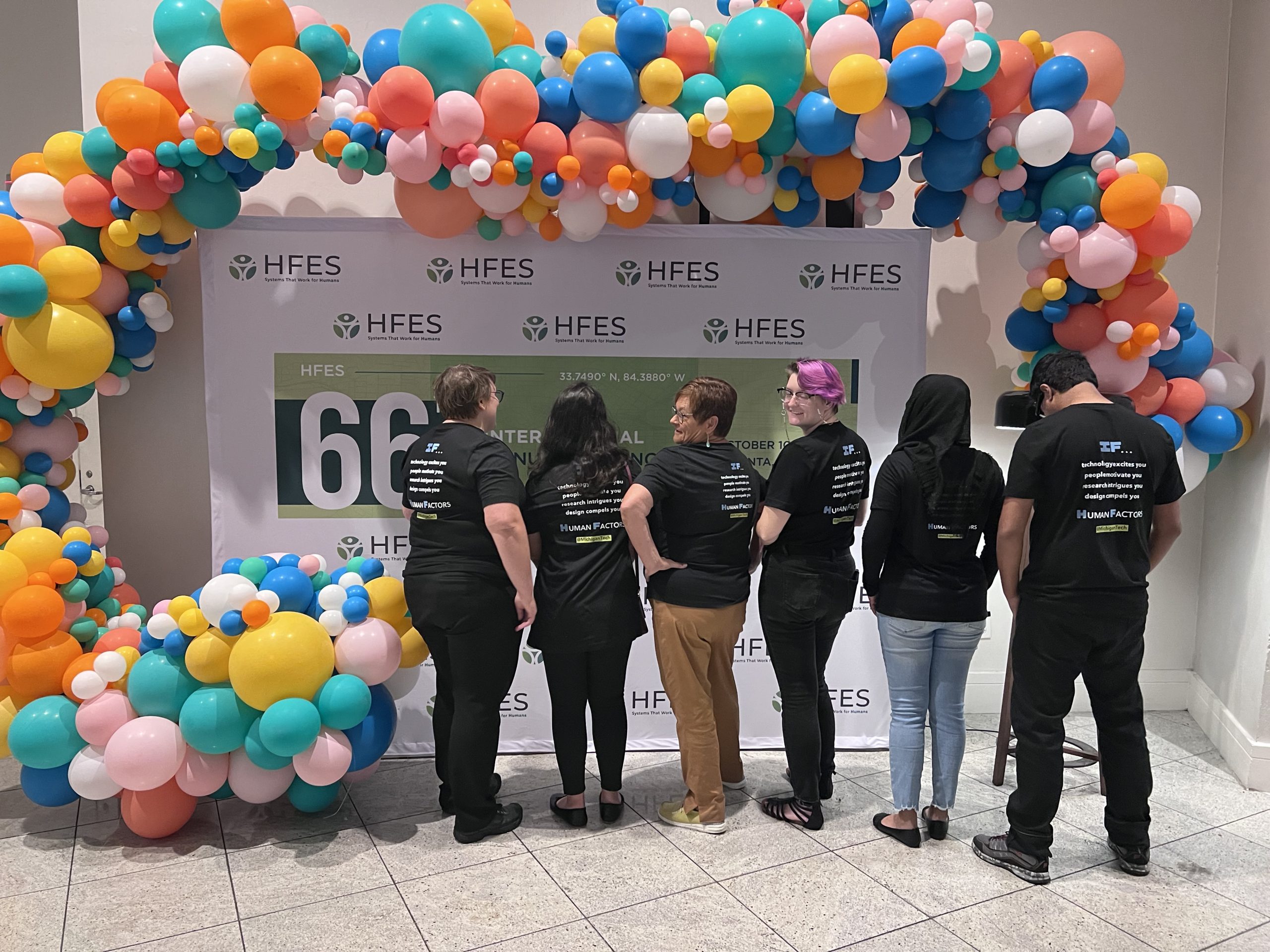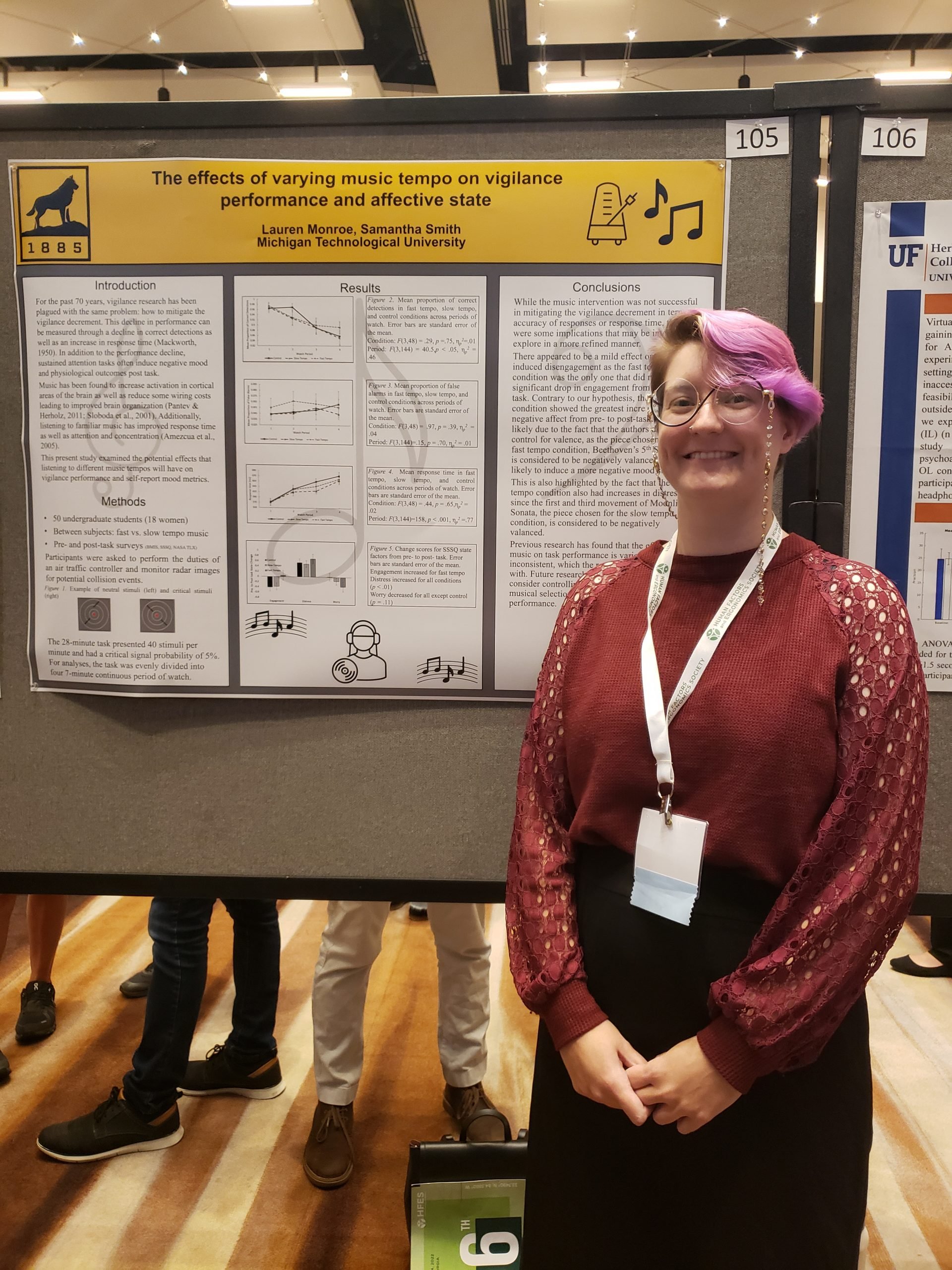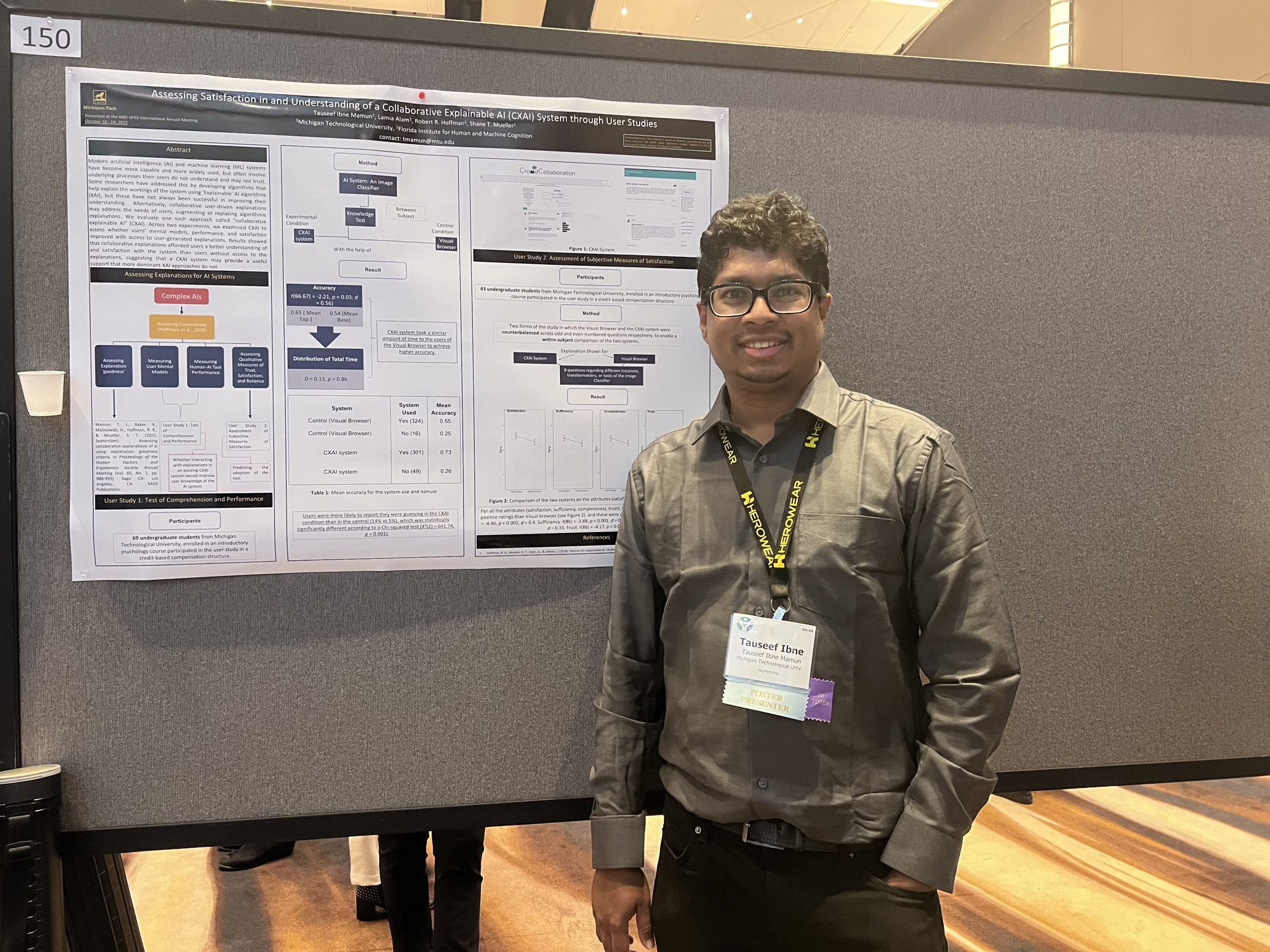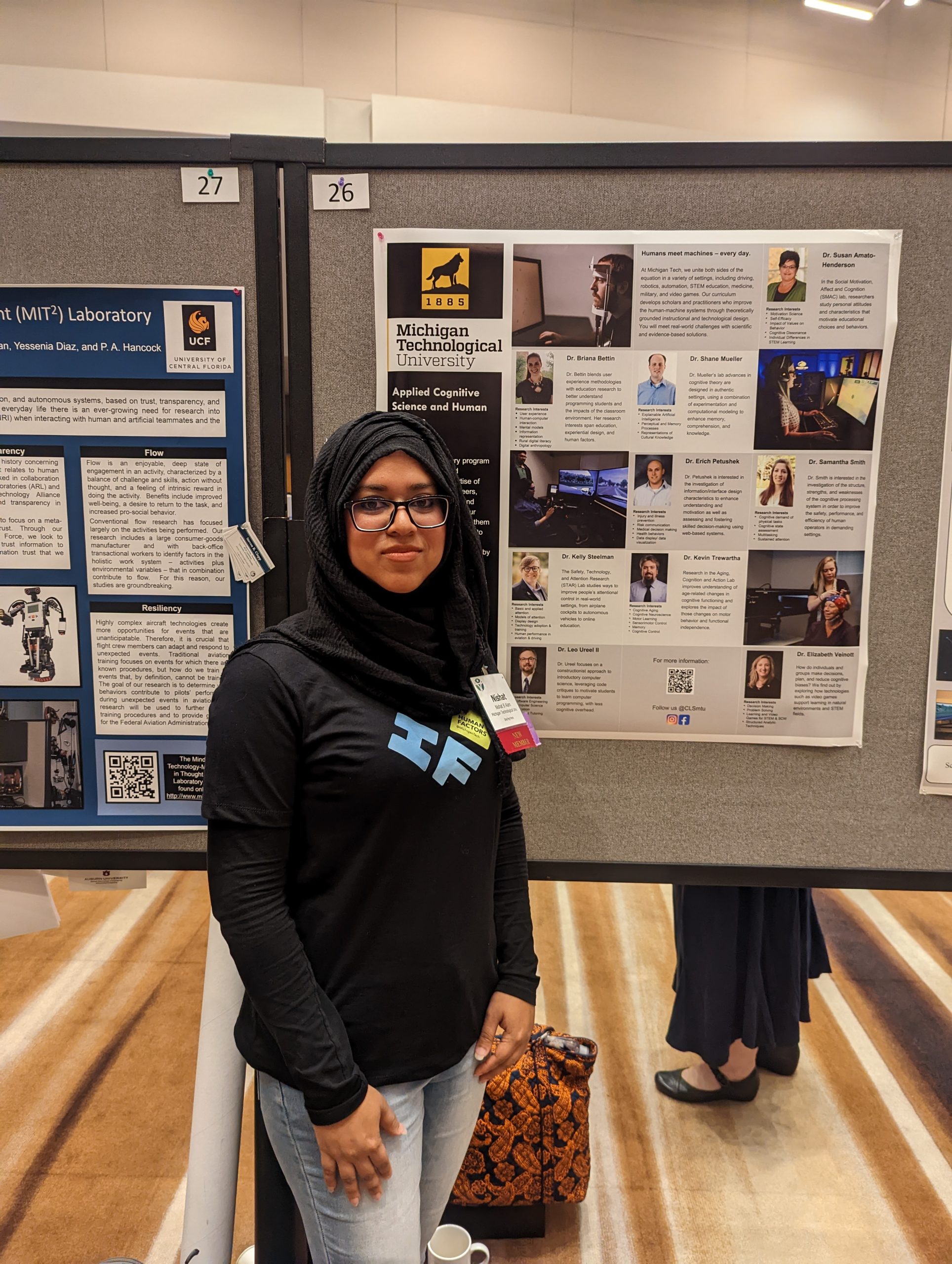The Department of Cognitive and Learning Sciences will host MTU Humanities Assistant Professor Jason Archer at the next Applied Cognitive Science and Human Factors forum.
The presentation, “The Embrace of the Surgical Machine: Touch, Practice, and Power in the Operating Room”, will be from 2:00 to 3:00 p.m. Monday (February 6) in Meese 109 and via Zoom
In this presentation, Jason Archer will talk about his work in the area of Human Machine Communication, focusing on research related to the da Vinci Surgical System (dVSS), a system widely used in robotic-assisted surgery. Dr. Archer will discuss how concerns with touch-oriented media sparked his investigation of the dVSS, explain the challenges of doing research in a surgical setting, and share stories from interviews with robotic surgeons, and observations from the OR, that help highlight some of his findings.
